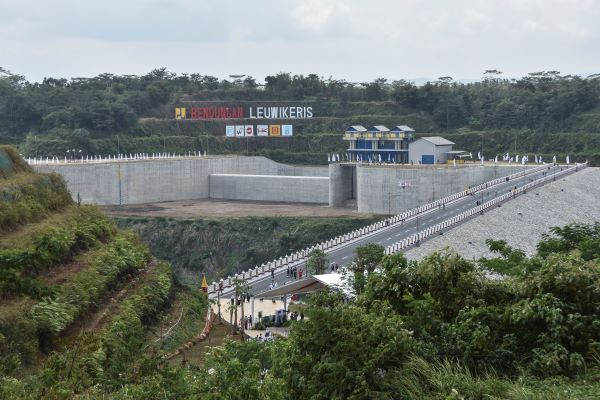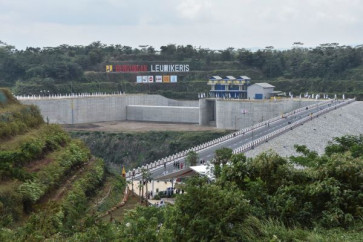Popular Reads
Top Results
Can't find what you're looking for?
View all search resultsPopular Reads
Top Results
Can't find what you're looking for?
View all search resultsThe politics of climate resilience: Ensuring clean water for all
Climate resilience must address not only extreme events like floods and droughts, but also smaller variations in water quantity and quality that can have devastating impacts on vulnerable communities.
Change text size
Gift Premium Articles
to Anyone
T
he global pursuit of sustainable development has brought climate resilience to the forefront, particularly in the water sector, where the impacts of climate change are acutely felt. The concept of climate resilience, however, is not merely a technical challenge but a deeply political one.
Just last week, candidates for regional head positions registered themselves for the Nov. 27 elections. It is crucial that these candidates express the need for accessible clean water in the face of increasing climate change challenges.
Grasham et al. (2021) emphasizes the need to recognize and address the complex political dimensions of climate resilience, especially in the context of achieving universal access to clean water and sanitation. The importance of this perspective is underscored by the situation in Indonesia, an archipelago nation with diverse water resources and vulnerabilities to climate change impacts like sea-level rise, extreme weather events and shifting rainfall patterns.
Grasham et al. (2021) proposes a road map to navigate the complexities of climate-resilient water security, urging a shift away from depoliticized approaches that often fail to address the root causes of vulnerability.
Beyond infrastructure, the focus should be expanded to include the resilience of water resources, institutions and users. This necessitates a holistic understanding of water systems and their interdependencies.
In Indonesia, this means considering not only physical infrastructure like dams, pipes and treatment plants, but also the social, cultural and ecological dimensions of water security. It involves understanding how communities interact with water resources, the customary laws and practices that govern water use and the ecosystems that support water availability and quality.
For example, in many Indonesian communities, traditional irrigation systems and water management practices have sustained livelihoods for centuries. These systems often incorporate local knowledge about rainfall patterns, water flow and ecological balance. Recognizing and integrating these traditional practices into modern water management can enhance resilience and ensure that communities are better prepared to cope with the impacts of climate change.



















